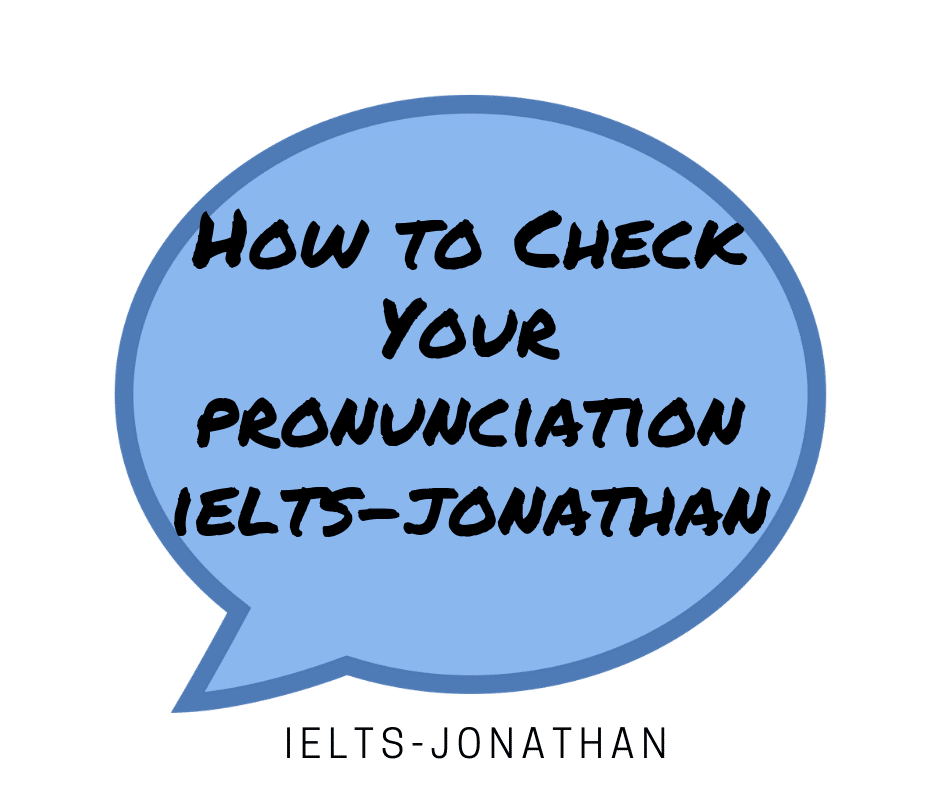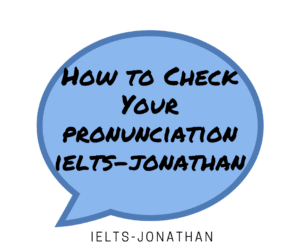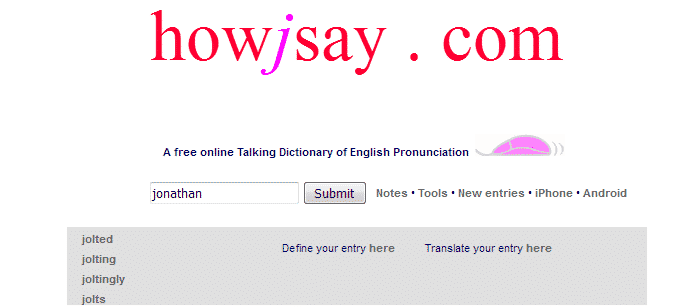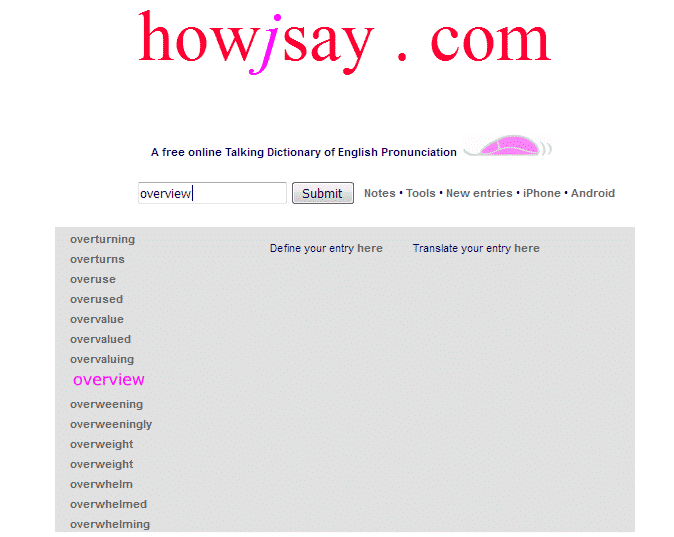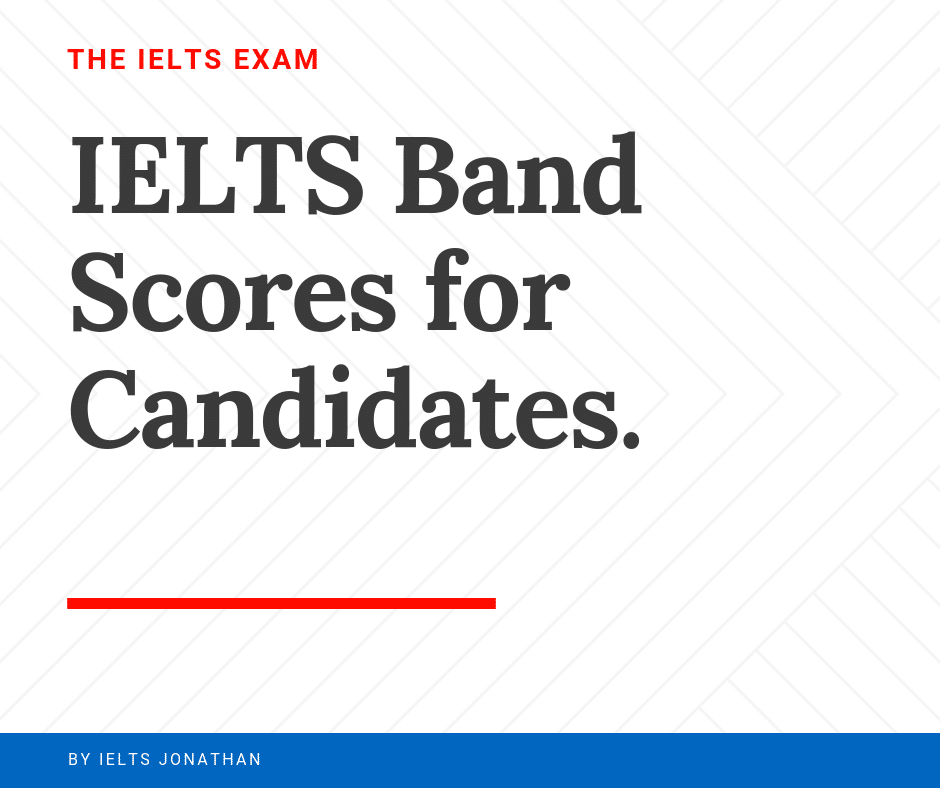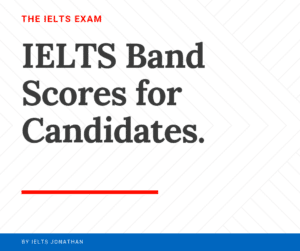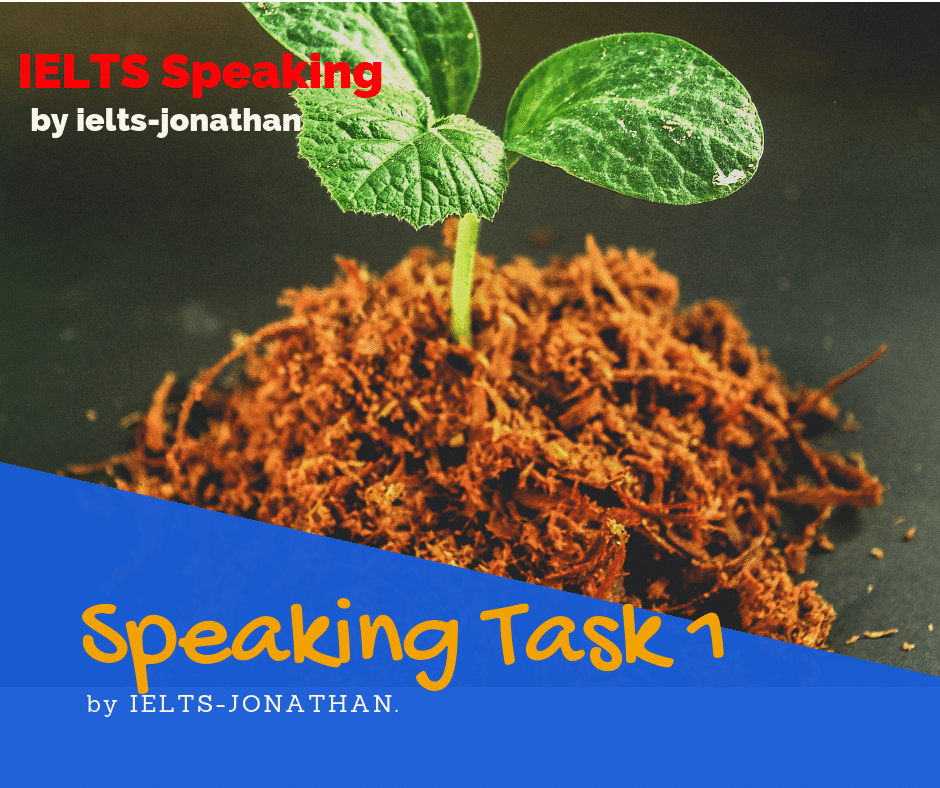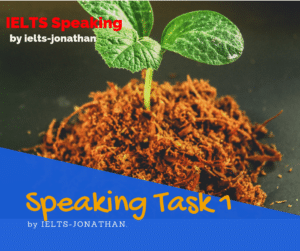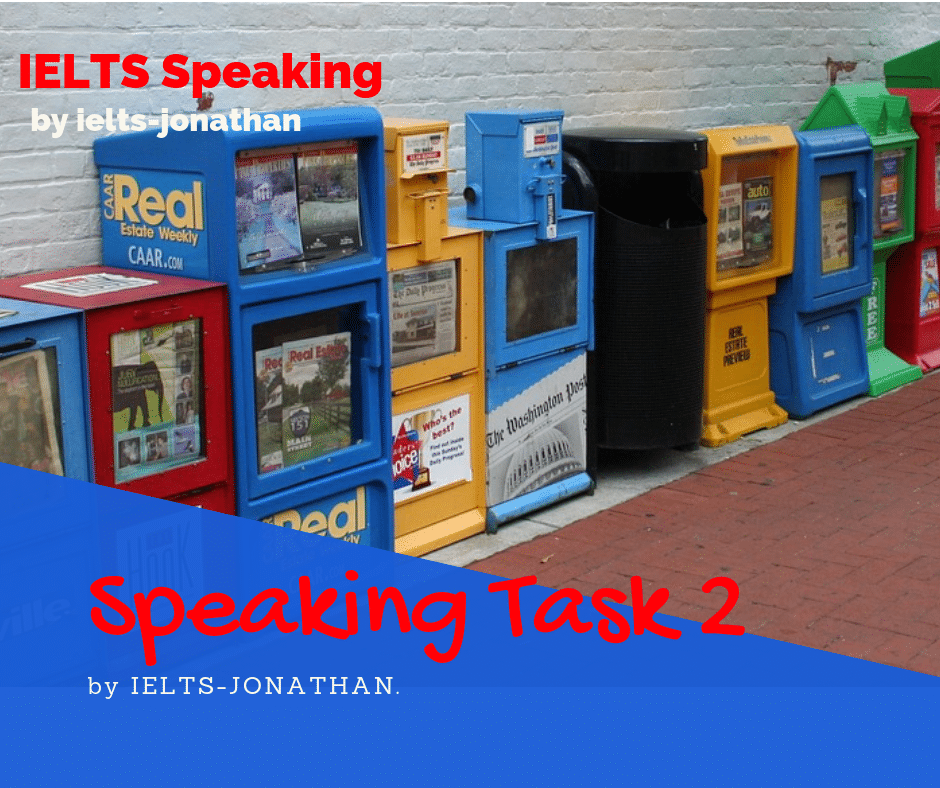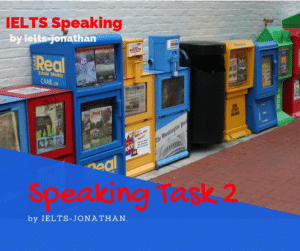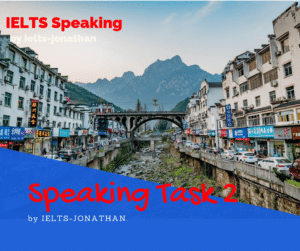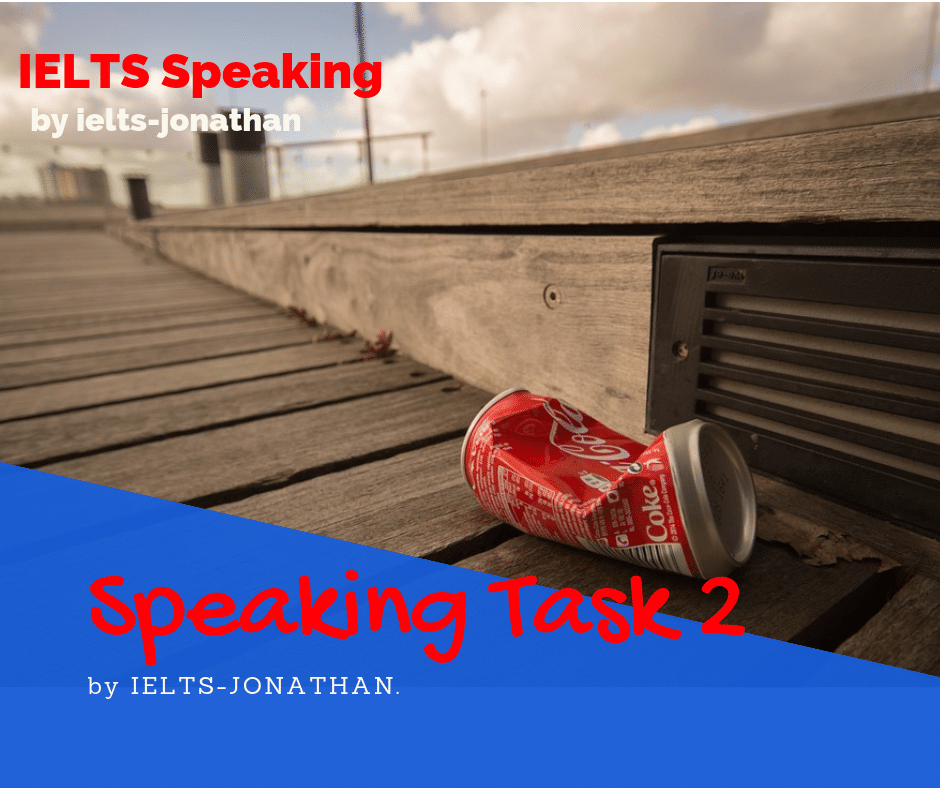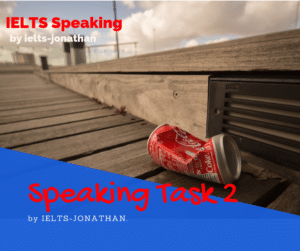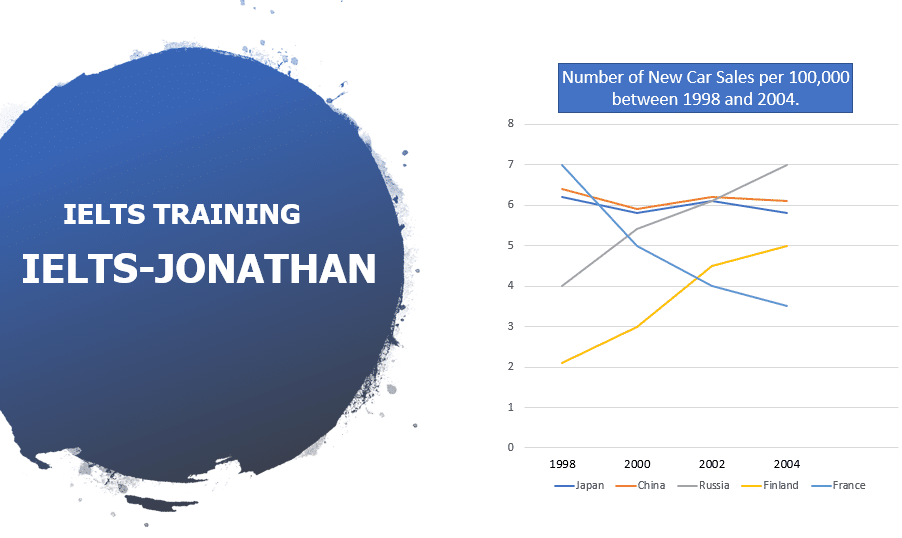Why improve your pronunciation for IELTS?
When you’re learning the English language or even if you are proficient at it, from time to time you might encounter some words whose pronunciation you might not be absolutely certain about.
Pronunciation is one of the four key marking criteria.
Pronunciation is a key marking criteria in any English exam, especially IELTS, so it’s important to be aware of the pronunciation of words, to increase your score and aid your fluency.
In cases like this it is better to find out the right pronunciation.
Here’s an app that I use in my class, in addition to me modelling the word, because you can use the app easily at home.
Howjsay is a free web-based talking dictionary of English Pronunciation that can help you with the pronunciation.
Type in any English word or even sayings and you can listen to how it should be pronounced.
If you mistyped a word, it will also provide existing words with similar letters.
How this App can it help pronunciation
Simply click on any of them to listen how they are pronounced. You can type in one or several entries separated by semi-colons (e.g. cat; cut; cart), which is handy in cases where you want to compare pronunciation of multiple similar words or if you have problems with minimal pairs ( Spanish, French, Turkish or Arabic speakers) or if you need to check the stress in a verb or a noun Import / Import
There are currently more than 171000 entries in this talking dictionary, so it is comprehensive and most likely contains any English word you might be interested in. Remember, research states you only need 10,000 words to be able to function in English, so that’s plenty!
Each word from their database is individually pre-recorded and no form of synthetic speech is used, unlike other websites!
It is available online and for iOS and Android mobile platforms.
Features:
- Contains more than 171000 entries
- Enter multiple words simultaneously, separated by semi-colons
- Mouse over the search results to hear them pronounced
- Each word is individually pre-recorded and no form of synthetic speech is used
- Offers both American and British versions
- Free, no registration needed
- Available online and for iOS and Android mobile platforms
Check out Howjsay @ www.howjsay.com
By the way, I’m not an affiliate, so I do not receive any compensation for recommending this App.
I just happen to like it and encourage students to use it for IELTS speaking and vocabulary.
Good Luck
Jonathan
I’m Jonathan
I’ve taught IELTS and University English in more than a dozen universities and schools around the world.
I’m a parent, traveller and passionate about language teaching and helping students achieve their dreams.
Whilst living in Austria or working in Asia, I run IELTS courses to help students get to where they want to be.
If you are serious about IELTS, connect with me to see how I can help you.

I’m Jonathan
I’ve taught IELTS and University English in more than a dozen universities and schools around the world.
I’m a parent, traveller and passionate about language teaching and helping students achieve their dreams.
Whilst living in Austria or working in Asia, I run IELTS courses to help students get to where they want to be.
If you are serious about IELTS, connect with me to see how I can help you.

The Best Approach to Task 2 Writing
Paragraphing in Task 2 Writing
Writing – Benefits of a Foreign University Education
